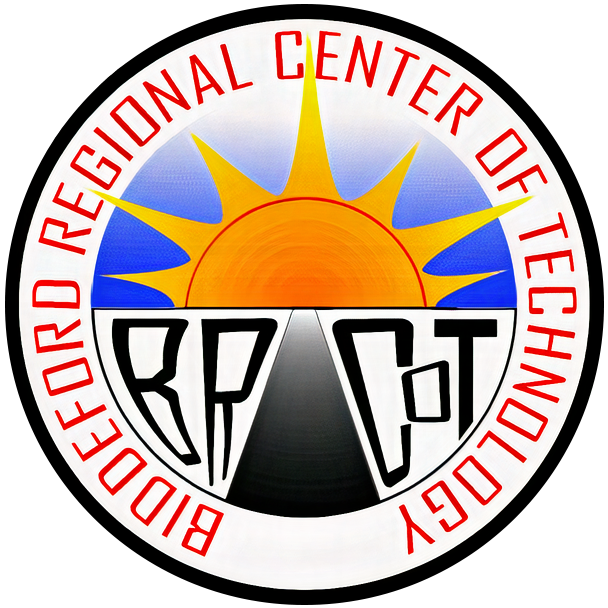Student Resources
Creating an Effective Study Environment
Studying – this is a term that many university students use when they are referring to exam preparation. The term is defined by the Oxford Dictionary as “the devotion of time and attention to acquiring knowledge on an academic subject” (2015). Many students tend to overlook the “time and attention” portion of this definition when preparing for their exams. Although the methods that one uses to study are important to consider (ex. Re-writing notes, creating cue cards, self-testing, etc) the study environment itself is equally as important.
Of course, there is no ‘fix-all’ solution that will dramatically and instantly improve your study habits, but I have listed 5 key factors to consider in creating an effective study environment that can help you get there.
1. Location
2. Atmosphere
3. Private vs. Group Study
4. Distractions
5. Resources
1. Just like they say in Real Estate… Location, Location, Location!
Location is extremely important in determining the success of a study session. In order to study effectively, you must pick a location where you can focus. Some options could be your bedroom, the library, study rooms or quiet lounges in residences or university buildings, empty lecture halls and classrooms, or even a coffee shop.
2. Atmosphere! (Not to be confused with the protective layer of gases that surround Earth)
Working in conjunction with location, it is important to consider the factors that impact the atmosphere of your study space. Things like noise and lighting all play a role in how effective your study session can be. If you are a student that needs to have complete silence when you are studying, then it might not be wise to study in a high traffic location such as a coffee shop. Instead, you might want to try studying in a quiet space such as a library, or an empty classroom where there would be minimal interruptions. Another factor to consider could be the lighting available – Do you prefer bright lights of a large room, or the soft light of a lamp?
3. To Group Study, or not to Group Study? That is the question.
Studying in a group is a really good strategy to study effectively, but only when it is done properly. As one of my professors has said, “Our collective knowledge is vastly greater than the knowledge of the individual”. When preparing for a test, studying with a group can be extremely useful, especially if different people in the group know a concept better than others. This can create a dynamic where students can teach and challenge each other on concepts, and come to a greater understanding of the material together. However, there are a few things to be aware of:
– Who are you studying with? Will the group be able to stay on track?
– How many people are in the group?
o To keep things effective, you shouldn’t go over 4 people (unless of course you are attending a study group run by a facilitator to keep everyone on track).
– Make sure to take breaks and pack some snacks
– Be aware of the location and atmosphere! If you are studying close to a restaurant, the group can get distracted and decide that going out to eat is more important (this is why you should pack some food!)
4. Distrac- hey… I’m hungry.
Of course, even if you have picked a good location and have a good atmosphere to study in, you will not be successful unless you eliminate or at least minimize all possible distractions. Today, one of the biggest distractions that interfere with students’ study time is technology and social media. So, if you are going to study, be proactive and use some strategies to prevent yourself from getting distracted. For example, if you are glued to your phone, you can try putting it on silent, leaving it in your bag, turning it off completely, or even leaving it at home.
Here are some other distractions you might want to avoid:
– Listening to music or wearing headphones
– Studying while watching a TV show
– Trying to study with a friend who is not taking the same course, or who does not want to study
5. Resources (Last, but definitely not least!)
Okay, you have picked a location with a good atmosphere, you have decided whether or not you will study in a group, and you have minimalized your distractions. Excellent! Just one more thing to remember – be prepared! When you are getting ready to study, always make sure you have a collection of supplies readily available such as pens, pencils, highlighters, sticky notes, etc. Forgetting these things can throw you off your game, and distract you from studying! This may seem like a small problem, but it can have a big impact – I never leave my house to go study without my ball point pens and a highlighter (and of course the textbooks and any reading material or previously written notes I have!)
So, there you have it. Next time you study, keep in mind these 5 keys factors, and you will be successful!
CREATING STUDY GUIDES
THE PURPOSE OF STUDY GUIDES is to organize lecture notes and text book material so that you can increase your comprehension and memory of large amounts of information.
Preparing study guides that are visual is even more effective, as the visual organization helps you see related concepts and make meaningful connections with the material, thus acquiring the higher levels of learning expected by many of your instructors.
